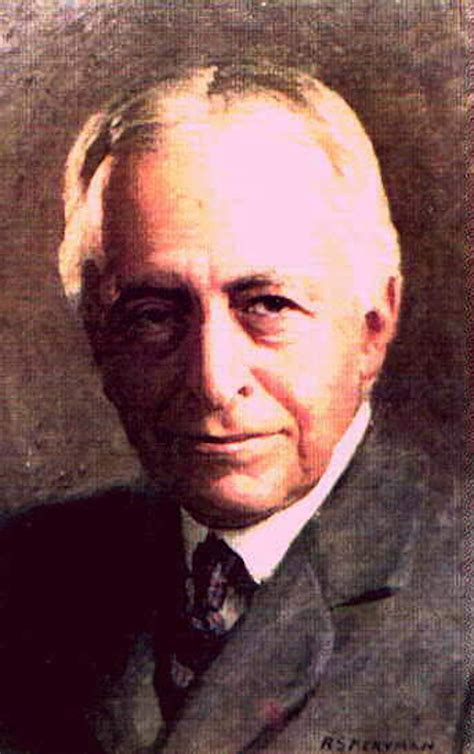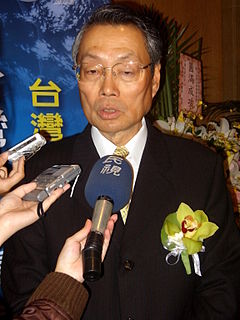A Quote by Vint Cerf
It's the Industrial Revolution and the growth of urban concentrations that led to a sense of anonymity.
Quote Topics
Related Quotes
The gradual depletion of the ozone layer and the related "greenhouse effect" has now reached crisis proportions as a consequence of industrial growth, massive urban concentrations and vastly increased energy needs. Industrial waste, the burning of fossil fuels, unrestricted deforestation, the use of certain types of herbicides, coolants and propellants: all of these are known to harm the atmosphere and environment.
The cost reductions for renewable energy continue downward in a very dramatic way. We're in the early stages of a sustainability revolution in the globe that has the scale of the industrial revolution but the speed of the digital revolution. And you see it with renewable energy and you see it with LED lighting, which takes a fraction of the energy for the existing bulbs. All new lights are going to be LED. Electric vehicles. There are a lot of changes underway right now. I'm excited by the prospect, and I look forward to working in the months and years to come to accelerate this transition.
When the Industrial Revolution started, the amount of carbon sitting underneath Britain in the form of coal was as big as the amount of carbon sitting under Saudi Arabia in the form of oil, and this carbon powered the Industrial Revolution, it put the 'Great' in Great Britain, and led to Britain's temporary world domination.
To change our national economic story from one of financial speculation to one of future growth, we need a third industrial revolution: a green revolution. It will transform our economy as surely as the shift from iron to steel, from steam to oil. It will lead us toward a low-carbon future, with cleaner energy and greener growth. With an economy that is built to last - on more sustainable, more stable foundations
Because I had visited Silicon Valley, I recognized the microprocessor was going to lead the second industrial revolution. We Chinese could not miss that opportunity again - we missed the first industrial revolution already. We put our effort into trying to bring this new technology from the United States to Taiwan. That was the begining of Acer.
I am grateful to the fossil fuel industry for bringing us the concentrated carbon that took us through the Industrial Revolution and through the technological revolution and brought us to the gateway of the renewable energy revolution, or what I call the sunlight revolution. But that is where we must part ways. It's the natural order.




































